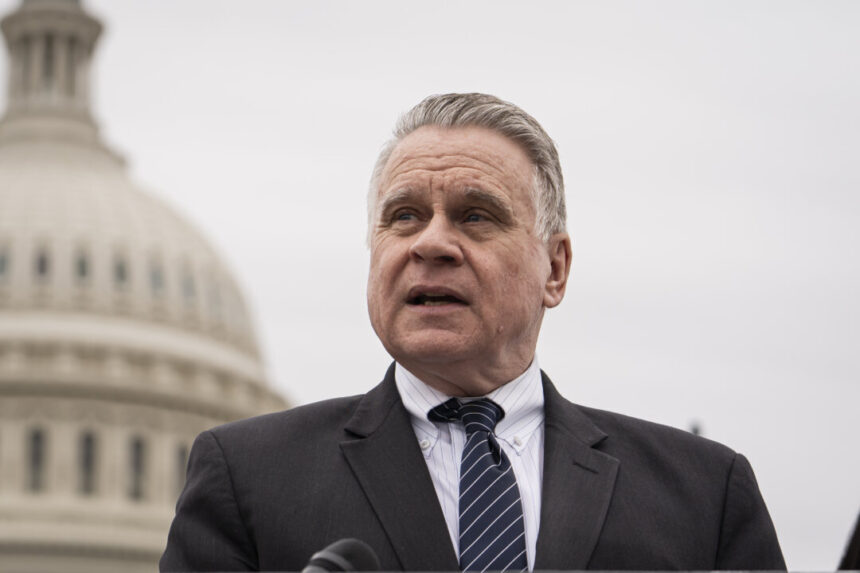bodies have been co-opted by the Chinese Communist Party and are essentially doing their bidding.”
Rep. Smith emphasized the urgent need for the United States and other countries to push back against China’s influence at the United Nations and hold the regime accountable for its human rights abuses.
The lawmaker’s remarks shed light on the concerning trend of China’s growing power within international organizations and its efforts to suppress criticism and cover up its atrocities.
It is crucial for the international community to address this issue and ensure that the United Nations upholds its values of promoting human rights and justice, rather than serving the interests of oppressive regimes like the Chinese Communist Party.
‘Pro-Authoritarian Bias’
Chinese officials have been successful in slipping party rhetoric such as the “Xi Jinping thought” and win-win cooperation in the field of human rights into U.N. resolutions for years. This success has been attributed to the “apathy and ignorance of democratic countries,” according to Kelley Currie, who has worked in various agencies on human rights, humanitarian aid, and women’s issues at the U.N.
Upon joining the U.N. Economic and Social Council in 2017, Currie took action to address this language, hosting meetings with other delegations to make it clear that the United States would not allow such wording to pass through.
“All of these efforts to suggest that China is contributing to this system through Xi Jinping thought—when you pause to think about it, it is absurd,” Currie told The Epoch Times. “But very few people pause to question it.”
According to Currie, the U.N. leadership has not been critical of this language insertion.
She believes that international agencies repeat such language, either intentionally or unintentionally, in the hopes of gaining favor with Beijing, without realizing that they are being manipulated by the regime.
Currie sees a problematic asymmetry where international agencies are afraid of losing access to authoritarian countries, leading them to speak positively about oppressive regimes while criticizing democratically elected leaders.
Beijing has been able to leverage this “pro-authoritarian bias within the U.N.” to its advantage, according to Currie.
Rep. Kathy Manning (D-N.C.) expressed concern over the insertion of such language, emphasizing the need to educate other countries about the dangers it poses. Allowing Chinese influence to grow within the U.N. system, she argued, is akin to giving Beijing control over setting standards.
Pushing back against this influence requires the United States to be as assertive as the Chinese regime, especially during this critical window of opportunity, as stated by Mr. Bremberg.
Mr. Smith echoed this sentiment, warning that the Chinese regime’s ambitions extend beyond Taiwan and calling for a reevaluation of the U.N.’s approach.
Over the years, Currie worked diligently to bring about change, and by the time she left in 2021, some countries had started to align with the United States, leading the Chinese regime to eventually cease their efforts.
“If we are clear and articulate our stance, positive outcomes can be achieved,” Currie emphasized during the hearing.
Please rewrite this sentence.
Source link





